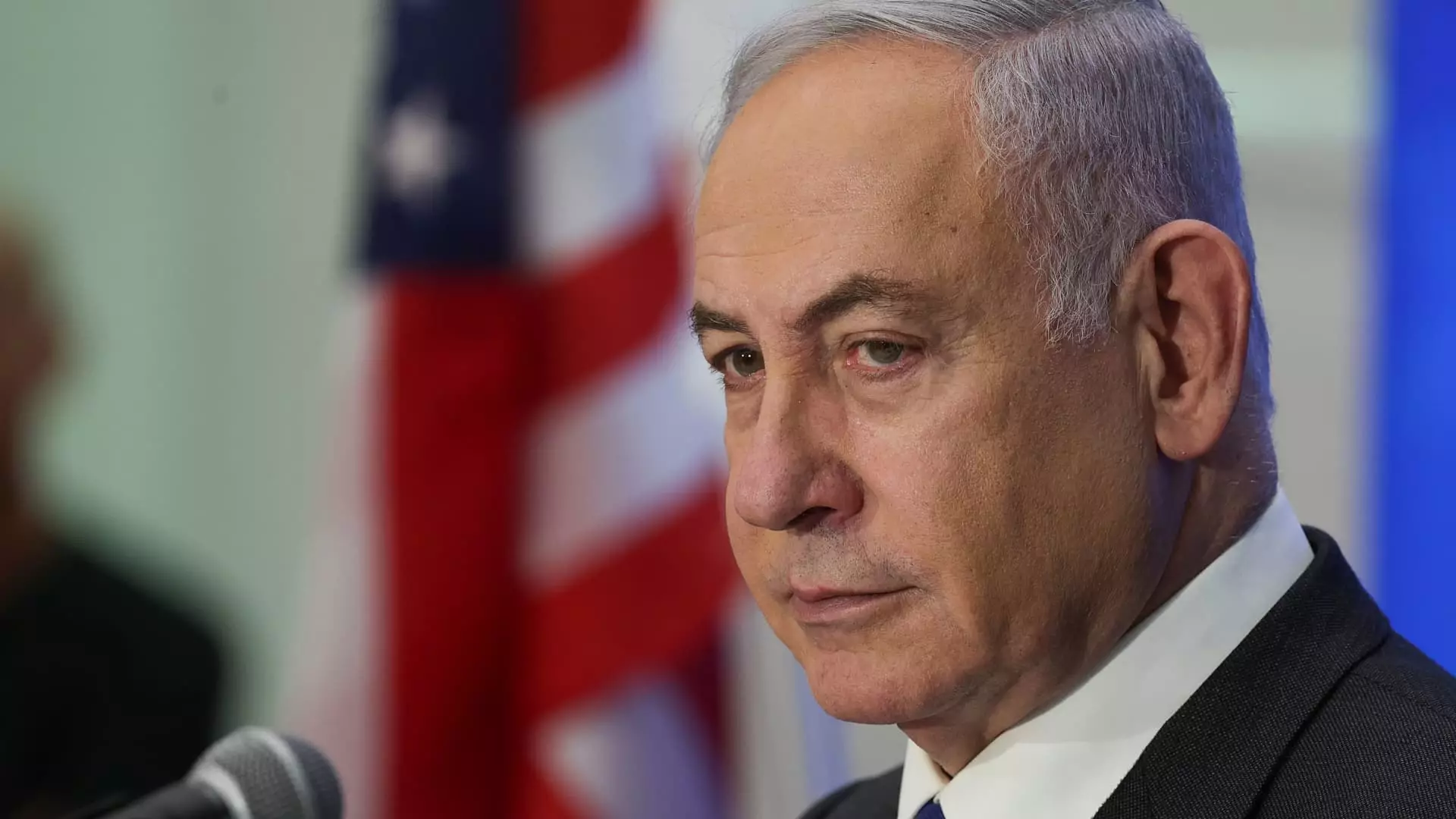Israeli Prime Minister Benjamin Netanyahu’s upcoming address to a joint meeting of Congress has stirred up a significant amount of controversy, leading to the absence of Vice President Kamala Harris and more than 30 Capitol Hill lawmakers. Despite being Netanyahu’s fourth address to Congress, with the last one occurring in March 2015, this year’s speech comes in the aftermath of the Israel-Hamas war and the ensuing humanitarian crisis in Gaza. As a result, protests have erupted in Washington, with roughly 200 demonstrators being arrested for organizing a sit-in at Congress’ Cannon House Office Building.
The decision of Vice President Harris and other lawmakers not to attend Netanyahu’s address marks a notable departure from tradition, although it is not entirely unprecedented. Typically, the vice president would preside over such joint congressional sessions. However, Harris is currently focused on her presidential campaign, having recently emerged as the Democratic front-runner for the party’s nomination. On the Republican side, Ohio Sen. JD Vance, former President Donald Trump’s running mate, is also skipping the speech due to his obligations as the Republican nominee for Vice President.
In the absence of Vice President Harris, Sen. Patty Murray is usually slated to take her place as the president pro tempore of the Senate. However, Murray, like many other lawmakers, has chosen not to attend Netanyahu’s address for ideological reasons. Instead, Senate Foreign Relations Chairman Ben Cardin will oversee the joint session, emphasizing the enduring relationship between the United States and Israel that transcends political affiliations.
While some lawmakers, including former House Speaker Nancy Pelosi, have cited scheduling conflicts as reasons for missing Netanyahu’s speech, a significant portion of them are doing so as a form of protest against the Israeli Prime Minister. Sen. Bernie Sanders has been one of the most vocal critics, condemning Netanyahu’s policies in Gaza and the West Bank, as well as his opposition to a two-state solution. Sanders and others believe that Netanyahu’s actions should be censured rather than welcomed into the halls of the United States Congress.
During his time on Capitol Hill, Netanyahu is scheduled to meet with the top four congressional leaders, including House Speaker Mike Johnson, Senate Minority Leader Mitch McConnell, Senate Majority Leader Chuck Schumer, and House Minority Leader Hakeem Jeffries. Additionally, separate meetings are planned with President Joe Biden and Vice President Harris at the White House, further underscoring the importance of U.S.-Israel relations.
The decision of Vice President Kamala Harris and numerous lawmakers not to attend Israeli Prime Minister Benjamin Netanyahu’s address has sparked a debate about the role of politics and principles in international relations. As tensions continue to simmer in the Middle East, the absence of key figures from such a significant event highlights the complexities of diplomacy and the diverse perspectives within the U.S. government.


Leave a Reply